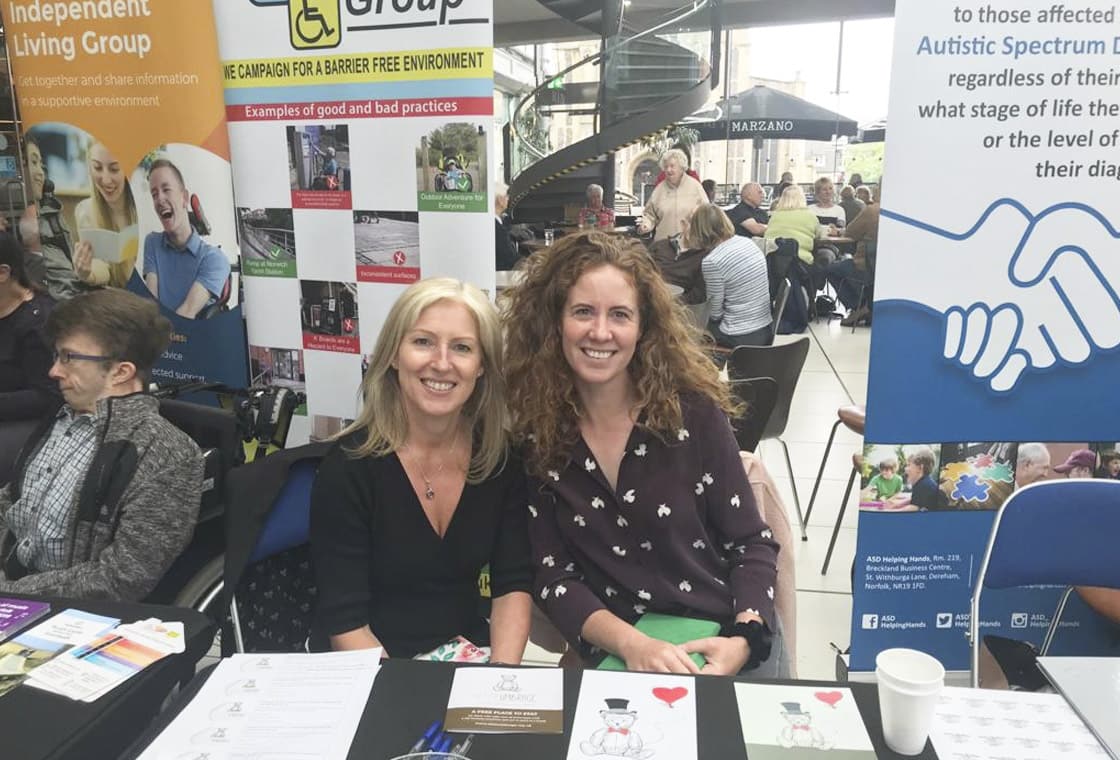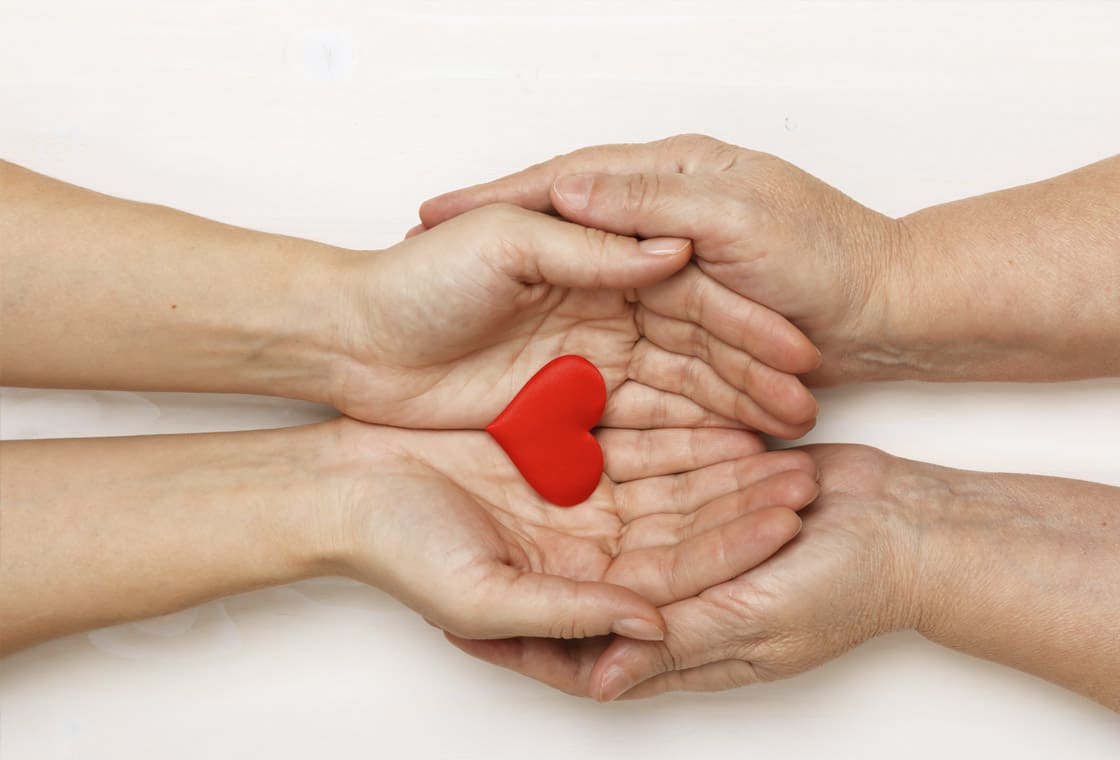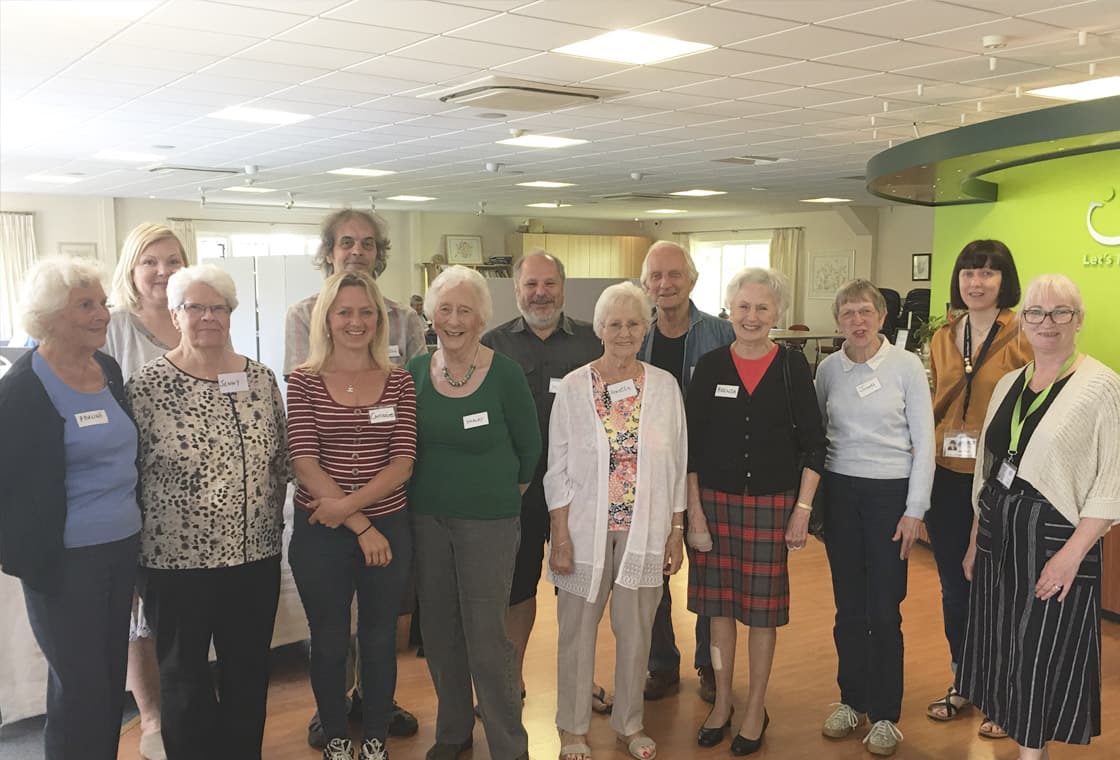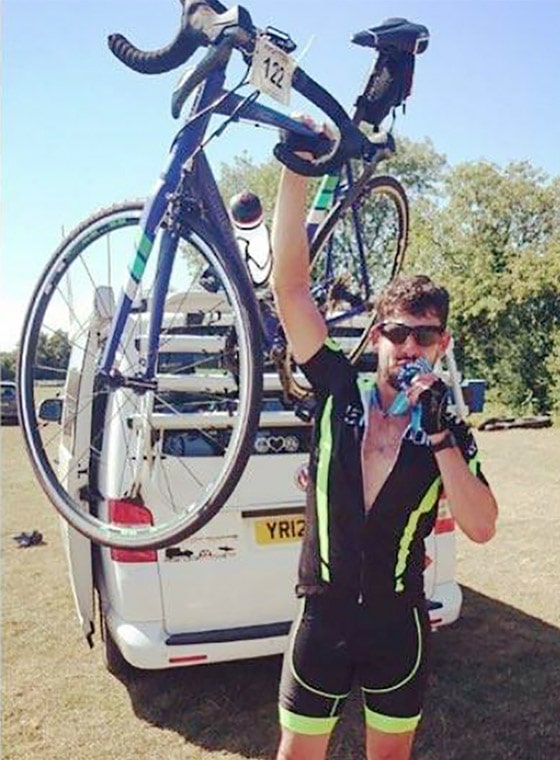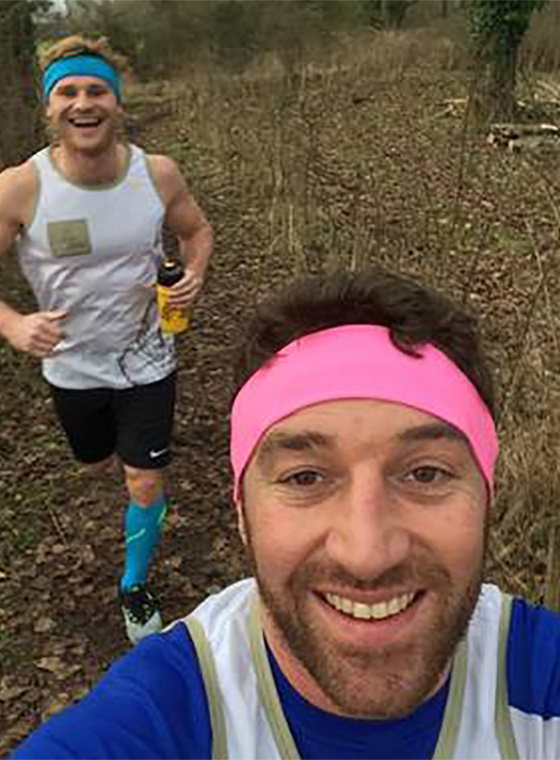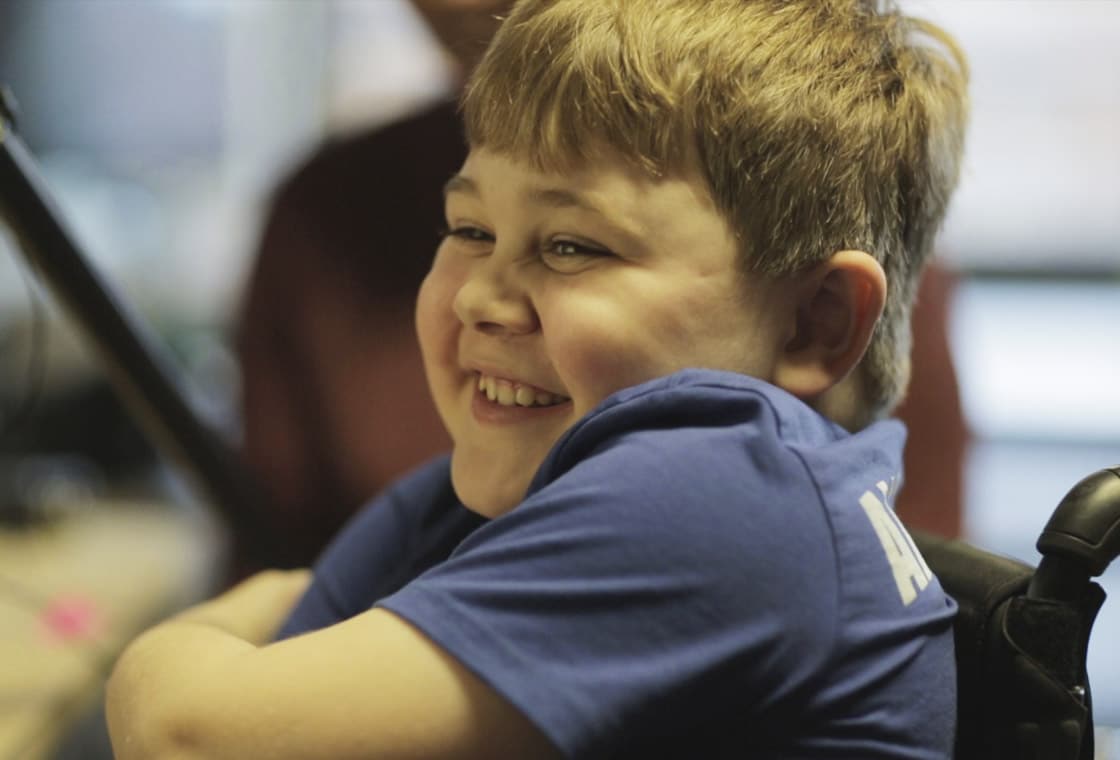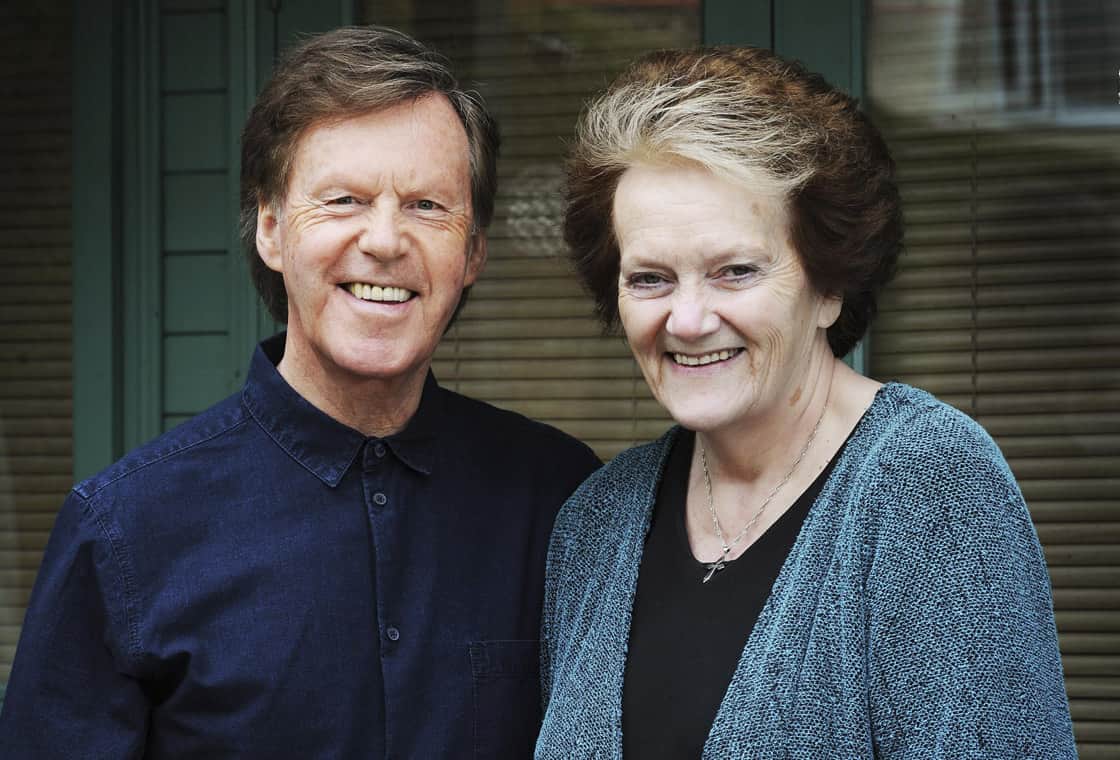Beneficiaries of our charity, After Umbrage are very special people. They are diverse and face problems that would challenge even the greatest practitioners of positive thinking. They each have a unique story. Here we talk to Rachel Hanson from Sheffield. With her husband, Roy, they have a son called Alec who has Duchenne Muscular Dystrophy. They visited Kingham Cottage just after Alec was diagnosed in 2014 and their hospice referred them to us.

Tell me about Alec.
Alec is eight years old and has a rare form of muscle degenerating disease called Duchenne Muscular Dystrophy. Just like boys his age, he loves Lego and recently had the opportunity to make a Lego movie (https://www.youtube.com/watch?v=942STSfj6Lo), playing outdoors and visiting lots of different places for days out. Although, Rachel, his Mum, is ‘not allowed to take him to the same place twice.’ His Dad, Roy takes him to school every morning and Rachel collects him.
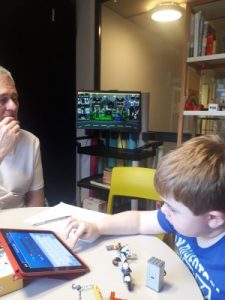
What is Duchenne Muscular Dystrophy?
It is a muscle-wasting condition caused by the lack of a protein called dystrophin. It usually effects only boys and about 100 boys with the condition are born in the UK each year. There are about 2,500 boys and young men known to be living with the condition in the UK at any one time. It is a serious condition that causes progressive muscle weakness. A cure hasn’t been discovered yet.
Alec needs regular check-ups with specialists to make decisions about physiotherapy, monitor his heart and respiratory functions and to get the right balance of steroids. Currently, his steroids are inhibiting his growth so they need to be adjusted. Alec lately has been mentioning he has suffering from pains in his arms and legs. Rachel and Roy are keeping an eye on that.
From day to day, Alec manages very well, although he has his wheelchair at school and days out as he gets tired. He loves swimming. At home he uses a stair lift as he can’t manage the stairs. You can see short video clips of Alec enjoying life via the ‘Friends of Alec Syphas’ page on Facebook: https://www.facebook.com/freindsofalecsyphas/
What plans have you for the future?
We moved house in October 2017 as we needed ground floor living and a wet room for Alec as our previous property was not adaptable. A government grant is helping us with a contribution towards the cost of building the extension but the specialist toilet alone costs £3,000 and the hoisting system is around £2,500.
What do you and your husband do?
Rachel has worked for Sheffield City Council for nearly 20 years. She is a contracts officer and monitors contracts for Older People. The people she works with are lovely and keep her busy and smiling. Roy started a new role about a year ago for a company supplying the restaurant industry with fresh fruit and vegetables. It’s night shift work from 8pm to 4am and covering for another colleagues means that the part time role is full time at the moment – Saturday nights off only.
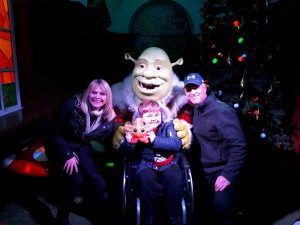
How did you come to visit our Kingham Cottage in Bath?
Bluebell Wood Hospice are in touch regularly with opportunities to take a break – spa days for instance. They mentioned After Umbrage and as we had just received Alec’s diagnosis, it came at the right time. We were majorly stressed out. Alec came with us but he won’t manage the stairs now, sadly. Alec does go to Bluebell Wood Hospice for the day from time to time for music therapy sessions but he recently said he doesn’t want to stay overnight. We understand that. He’s only eight.
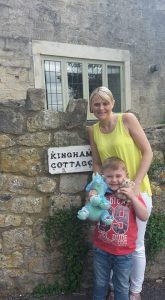
Did you enjoy your visit to Bath?
We had a lovely time, visiting different places every day with Alec. The location is lovely with amazing views which was calming. We loved it.
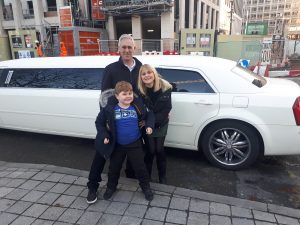
How can we help Alec and boys like him?
Thankfully, only a small number of boys have the condition but it means that Duchenne Muscular Dystrophy doesn’t get much priority or attention when it comes to research and publicity. You can help by visiting Alec’s Facebook page here: https://www.facebook.com/freindsofalecsyphas/. Every ‘like’ is encouraging and it helps spread the word and raise funds for further research. There are little bits of research but it’s very slow. The more people who can help us share information about this terrible disease, the better. Every little bit of fundraising helps too.
